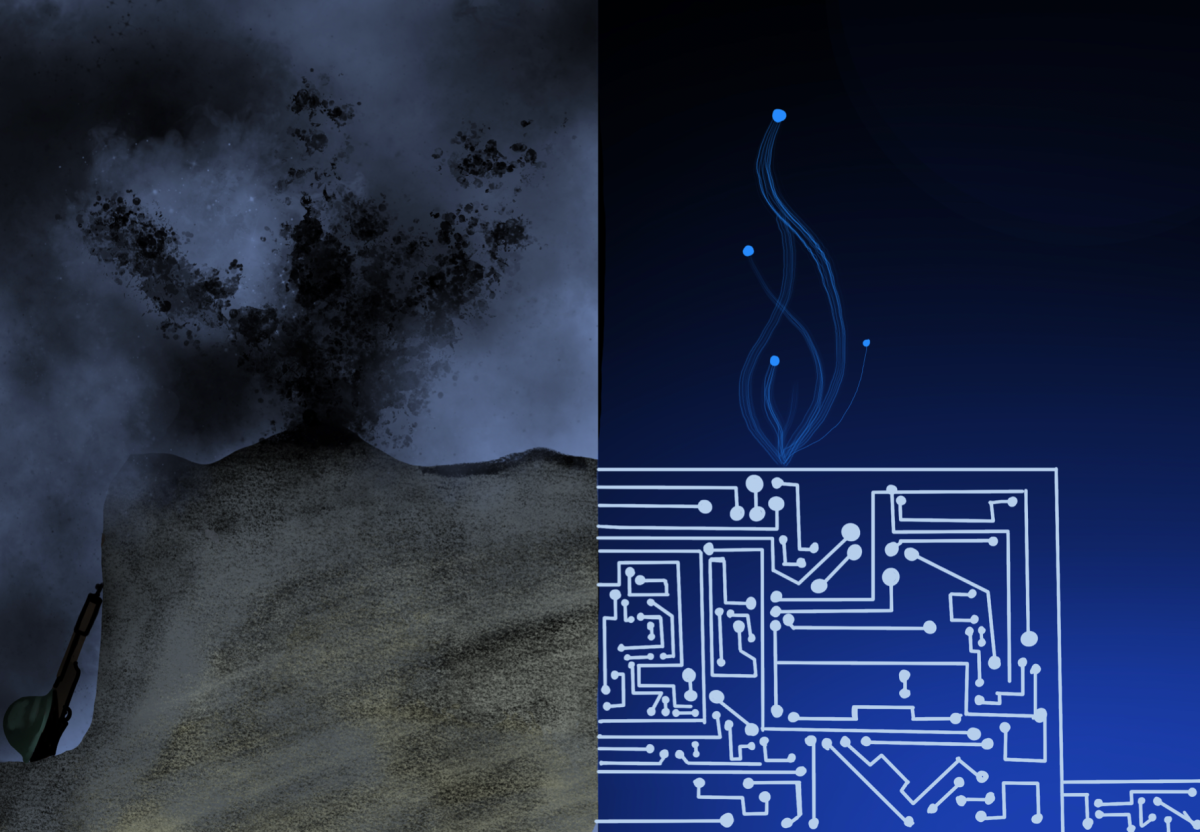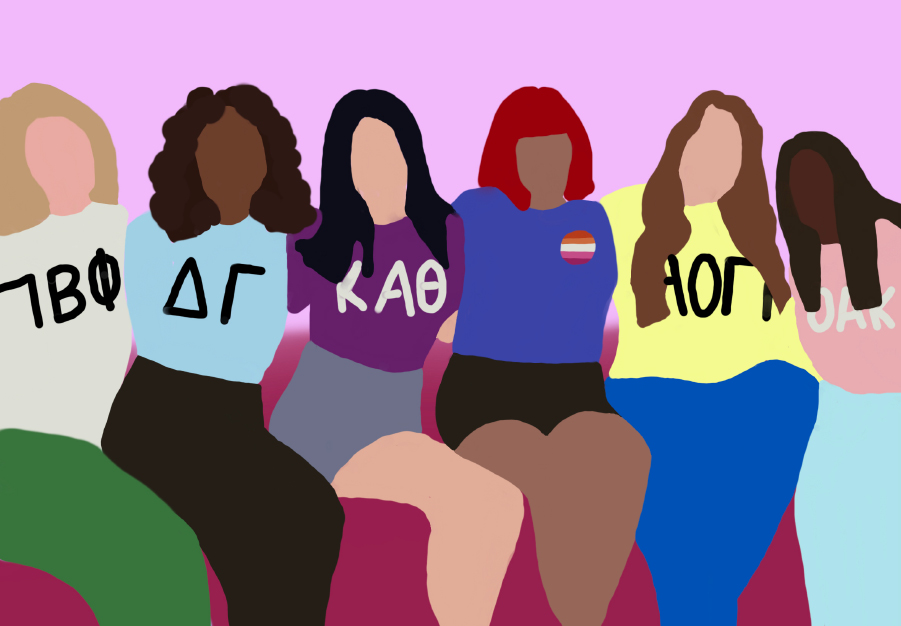Whether it be club sports, music groups, or jobs, beloved high school pastimes don’t always fit into demanding college schedules. While over 40 percent of the Class of 2022 participated in music-related activities in high school, only a small minority of students continue formally engaging with music in college. UChicago offers over 60 majors, but more than 70 percent of students declare one of the 10 most popular. Of the 6494 students currently enrolled in the College, a mere 24 have declared a major in music; of this group, only nine of them have declared it as their primary major. These statistics beg the question: Why do so few students continue pursuing a music education at UChicago?
UChicago’s music program mostly caters to its graduate student population. The undergraduate major, designed to reflect the interdisciplinary nature of the College, requires courses in music performance, history, and composition. Although there are concentrations within the program (in composition and ethnomusicology), the major still necessitates a diverse set of requirements.
Curious about the program, I spoke to William Myers (A.B. ’18), who majored in music. Myers was a member of various choirs associated with UChicago and the Hyde Park area during his time at UChicago. He started working as an assistant conductor for the Rockefeller Chapel Choir during his fourth year. After completing his undergraduate studies in June, Myers has continued his work as an assistant conductor for the choir. As he explained to me, “The class work is similar to other UChicago class work. There’s assigned readings, essays and listenings which you respond to like an art history student would respond to an art piece for a class. The classes focus a lot on instrumental music and theory with some exceptions in ethnomusicology.” While the major certainly offers a thorough program, it falters in assisting students who aspire to pursue postgraduate opportunities outside of academia. Myers agrees, sharing that “the music major prepares you for graduate school for composition or musicology. We didn’t discuss a lot of career advancement with the major.”
Despite this drawback, the music department provides students with a vibrant and valuable community. Led by passionate faculty and visiting professors, the department is known to be nurturing. As Myers explained, “The culture of the department is warm, supportive, and close-knit. This allowed me to connect with graduate students easily.”
However, the music department does not provide immediate and direct resources to students hoping to pursue performance at the graduate level. Aspiring musicians who are not interested in composition, theory, or history may not feel that the music major is a right fit. Myers told me, “I have made connections when I hunted them out and asked people for them. These include conductors and performers, but there are few and far between. It’s difficult to get these connections. What I’ve learned about performance after college comes from these connections, not from the department.”
The music program lacks official coursework for students seeking to formally study music performance. The subject is an extracurricular activity at UChicago, which students can pursue through the music department’s performance program. With 18 ensembles, including choral, instrumental, and specialty groups, there are many opportunities for students to perform outside the classroom. Students register their participation in these groups as zero-credit, pass-fail courses on their official transcripts. While this does reflect that the University values its music performance groups to some extent, it simultaneously displays a lack of serious commitment. As Mason Rodriguez Rand, a violist in the University Orchestra last quarter and current member of a University quartet, informed me, “We had three-hour practices a week and I kept in about three-and-a-half hours of practice a week outside of that.” The time students are expected to devote to the University performance program is comparable to the time and work required of many classes in the College, so why can’t students get actual credit for their involvement?
Despite some departmental issues, music continues to play a substantial role in the lives of UChicago students. With over 40 ensemble groups between the formal music performance program and informal RSOs, there are vast opportunities to explore one’s passion for music in the College. Ben Warren, a fourth year in the College and a member of the Chicago Men’s A Capella (CMAC), explained, “CMAC accepts people who haven’t sung before. I wasn’t involved with music previously, and CMAC was a great opportunity to get involved with music and a nice option to have. It’s very different as well. At UChicago it’s easy to get stuck in books. Getting a rehearsal lets you leave schoolwork at the door and reset. Music is a different pursuit of intellect.” Other students have enjoyed the sense of camaraderie that UChicago’s music groups offer. Rodriguez Rand explained to me, “My mom used to say something: When things get crazy, use the Greek approach: Do something for the mind, for the body, and for the soul. Music is for the soul; it gives me balance. I get a community from it. I’m happy to play with others and connect with them.”
Beyond UChicago, students and alumni alike have released their own albums, performed in acclaimed ensembles, and even received Grammys. Although few students choose to pursue music at the professional level, those that do find a supportive community in the music department’s spirited and tight-knit atmosphere. The time spent rehearsing and practicing can be demanding, but music can also offer a special escape for students who value artistic expression. Especially given that the music major isn't for everyone, the University can still definitely do more to support its student musicians.
Brinda Rao is a first-year in the College.







